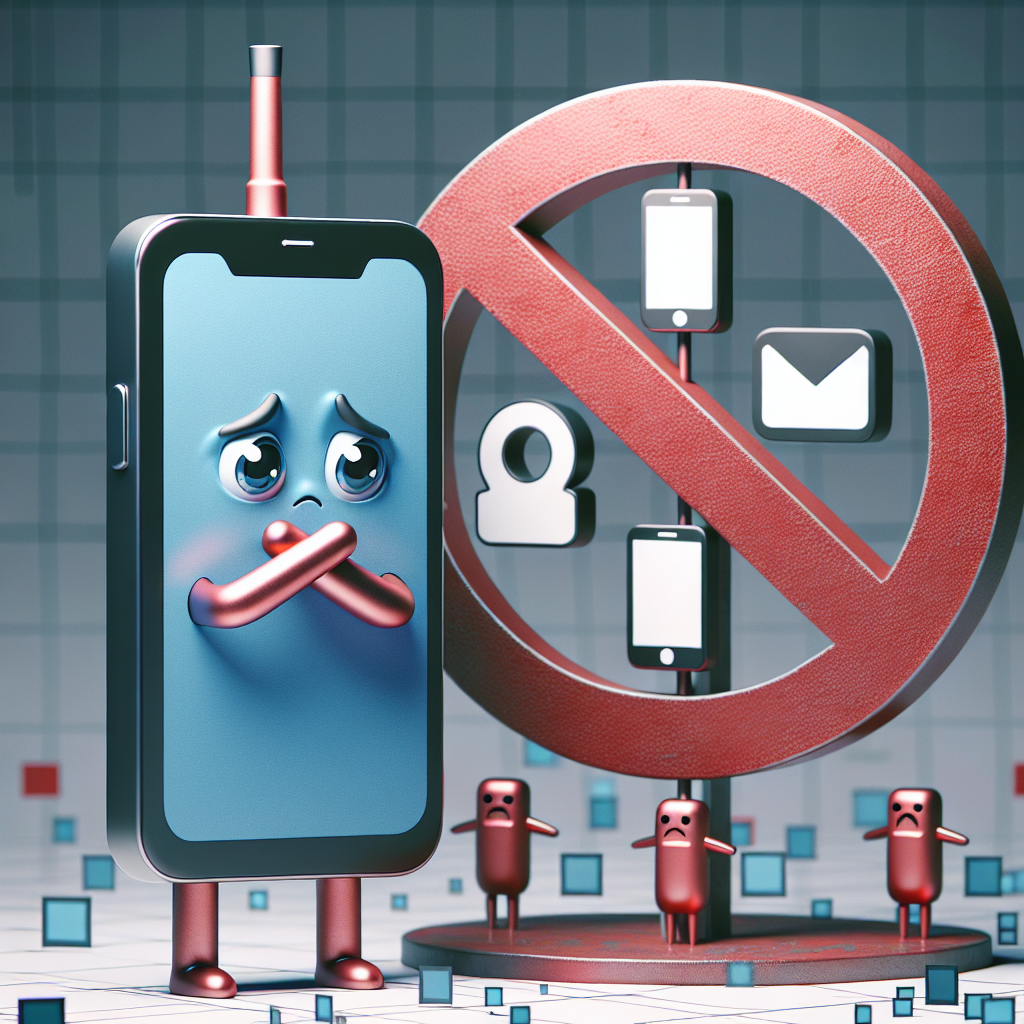Rethinking Bans: Balancing Policy and Social Impact
Upcoming social media bans for under-16s are stirring debate. Examining the history and effectiveness of bans in public policy highlights the importance of context and alternatives. Successful bans, like those on tobacco and gun control, provide insights for new policies aiming to reduce harm at both individual and societal levels.

- Country:
- Australia
The proposed social media ban for individuals under 16 continues to fuel discussion, spotlighting the complexity of bans in public policy. As history shows, a ban's success varies greatly depending on its implementation context and the availability of alternatives for those affected.
Examining past bans, from tobacco control to single-use plastics, reveals crucial lessons about balancing harm reduction with freedom. Australia's pioneering steps, like plain packaging for cigarettes, demonstrate how thoughtful policy can significantly impact public health and behavior. Yet, the challenge remains: How do we design bans that resonate with both public safety and personal freedom?
As Australia prepares to implement the social media ban by December 10, key considerations include societal versus individual impact, offering viable alternatives, and framing the change positively. Ensuring these elements are addressed could pave the way for more effective and accepted regulatory measures in the future.
(With inputs from agencies.)










